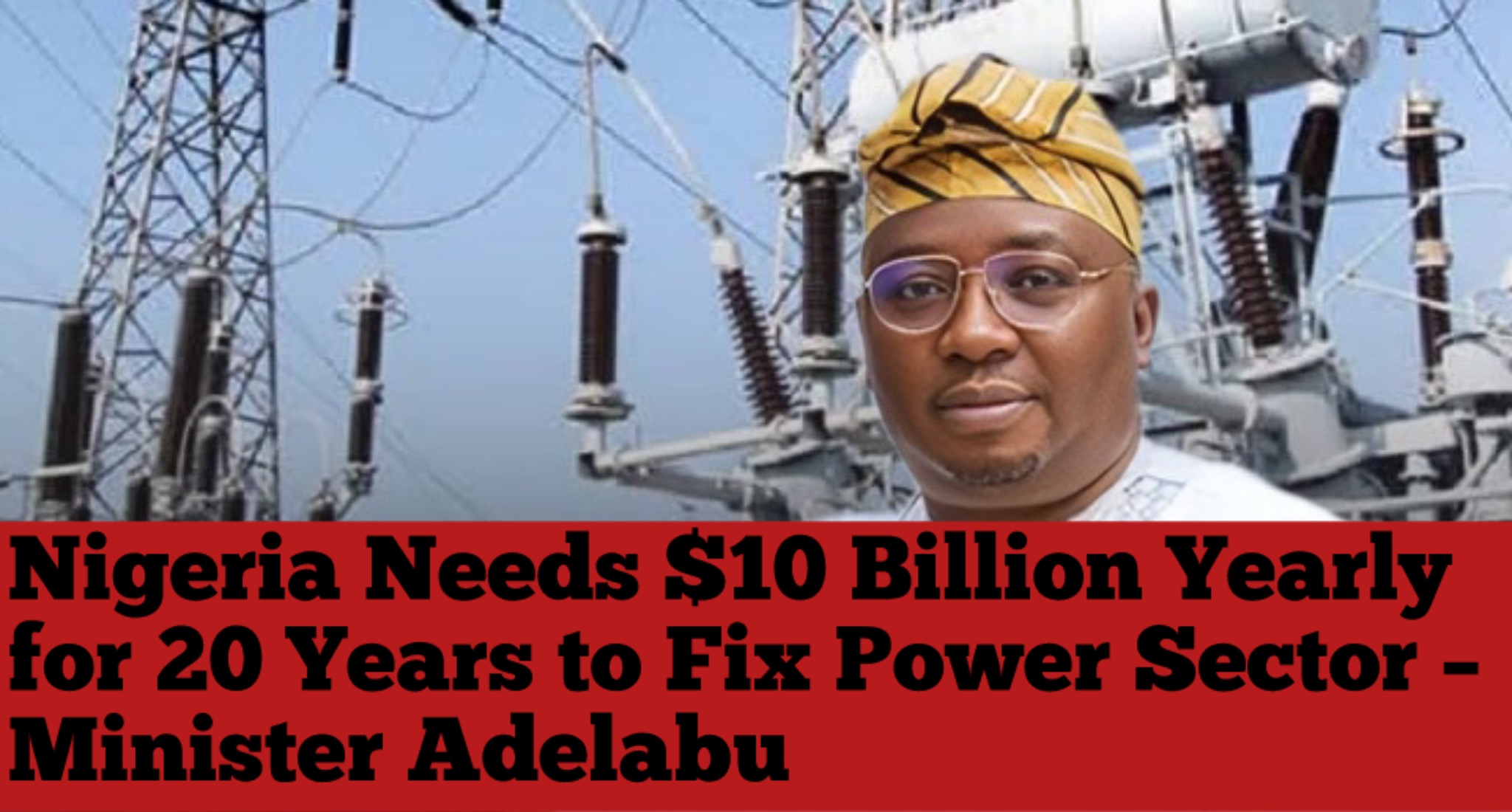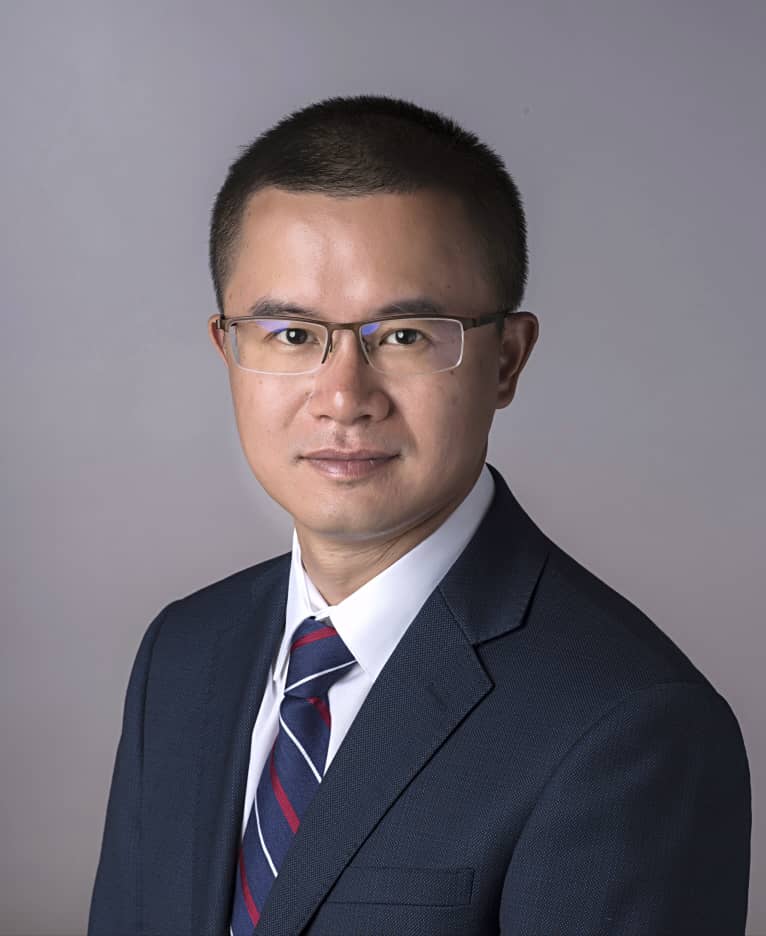Nigeria will require a sustained investment of $10 billion annually over the next two decades to achieve stable and reliable electricity, according to Minister of Power, Adebayo Adelabu.
The minister made the declaration during the inauguration of a 2.5-megawatt solar hybrid power project at the Nigerian Defence Academy (NDA) in Kaduna State. He highlighted chronic underinvestment, inadequate infrastructure maintenance, and the inability to modernize transmission grids as long-standing issues plaguing the nation’s power sector.
“For us to achieve functional, reliable, and stable electricity in Nigeria, we need at least $10 billion annually for the next 20 years,” Adelabu said. “But foundational bottlenecks from the past must first be addressed for any significant investment to yield results.”
He assured that President Bola Tinubu’s administration remains committed to reforming the electricity sector and delivering sustainable power solutions, particularly for critical national institutions like the NDA.
Adelabu also pointed to legislative progress, citing the recent passage of the electricity act as a major milestone. The new law, he said, decentralizes the power sector and empowers federal, state, and local governments to contribute meaningfully to electricity generation, transmission, distribution, and metering within their jurisdictions.
“This act has already granted autonomy to more than 11 states, with more expected to follow,” he noted. “It represents a true liberation of the sector and will pave the way for improved access to electricity across the country.”
The minister reiterated that fixing the sector’s infrastructure gap—built up over more than 60 years—requires coordinated investment and policy reform.




